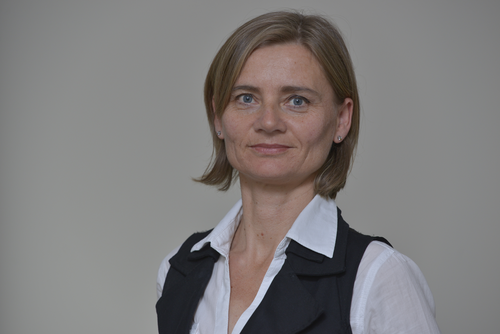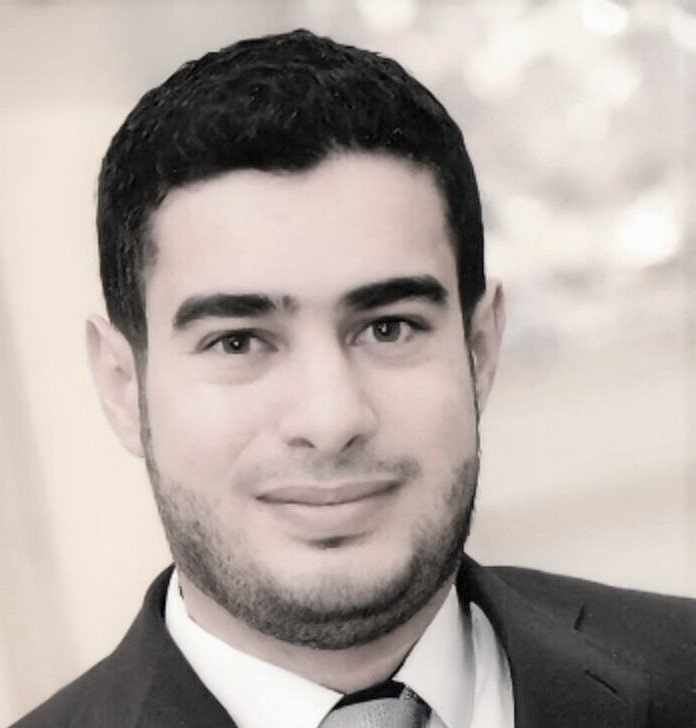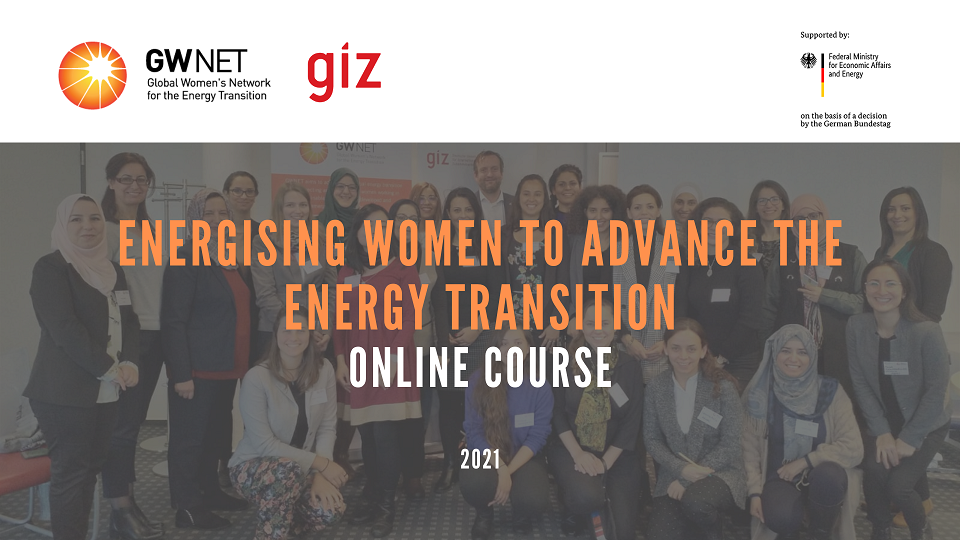The new “online knowledge transfer series” is part of the Energising Women to Advance the Energy Transition Mentoring Programme and will take place over the course of six months.
In addition to connecting mentors and mentees, this format offers online seminars and resources on specific topics to the participants, a platform to network with other mentees and mentors, as well as the opportunity to connect with women leaders in the energy sector.
This introductory session explored the reasoning behind the programme and similar initiatives globally. Christine Lins, Executive Director of the Global Women’s Network for the Energy Transition (GWNET), Rabia Ferroukhi, Director of the Knowledge, Policy and Finance Center at the International Renewable Energy Agency (IRENA), and Joyce Lee, Head of Policy and Projects at the Global Wind Energy Council (GWEC), presented their respective studies on the gender-landscape of sustainable energy.
The three experts and IRENA Associate Programme Officer Celia García-Baños discussed their respective findings in applying the gender lens to the renewable energy sector. Overall, IRENA found the renewable energy sector, which seeks a broader skillset than traditional energy industries like oil and gas, promises to provide new opportunities for women. In comparison to 22% in traditional energy industries, women make up 32% of the renewable energy workforce. Nevertheless, women continue to be especially underrepresented in technical occupations and leadership positions. GWEC furthermore found differences within the sector when analysing the wind energy workforce, of which only 21% are women. The lack of gender-sensitive data has so far prevented in-depth analyses of other renewable energy sources. Finally, the organisations looked into strategies to increase women’s participation such as quotas, mentoring programmes, and workshops for young women and girls.
The speakers also offered personal accounts of their careers, inviting participants to follow suit. In a male-dominated employment sector exchanging personal, yet globally similar stories of discrimination reiterate the importance of this program.
Reports presented:



